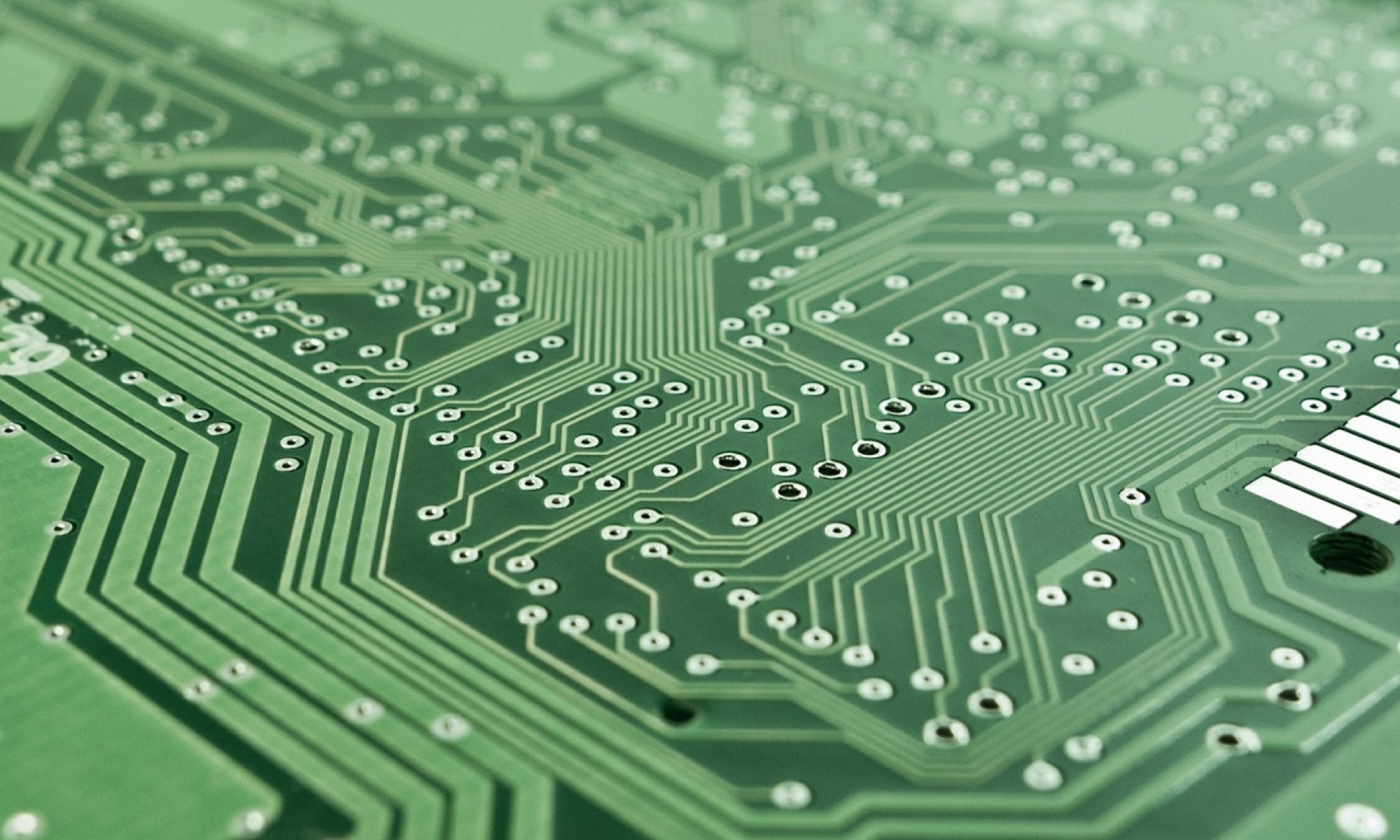Note: This post was written by SEI staff member, Amy Cade.
Electronic recycling has been a recognized problem for a while now but not a whole lot has been resolved.
Europe, among other places, has been actively trying to solve this issue since early 1990s. So, what can we learn from them? What are the absolute best solutions for our environment when it comes to electronic waste and what is feasible?
As we have mentioned earlier in this blog, Europe has adopted the WEEE initiative, which holds the producers of electronics responsible for the collection of the electronics. Producers have responded to this act by paying for collection facilities, changing certain materials in their products so that they are easier to recycle, and encouraging recycling of electronics all together. Some European nations have better collection ideas then others. Switzerland, for instance, has some apartment complexes that have separate bins where you sort not only plastics from paper but also electronics from other electronics. Can this work in the States? What about houses?
I have heard someone say that most Americans will not recycle their electronics until it becomes as easy as taking out your trash. Unlike Europeans, Americans are not commonly living in apartment complexes.
We cannot expect people to be willing to discard of their old CPU by their trash in an open alley where any passerby could grab it and recover the information from the hard drive. So I see three options: one, you could provide everyone with the ability to wipe their own hard drive before they put it by the trash, two, you could provide the residents of a town with a number to call when they are ready to discard of their electronics and a city vehicle would come and pick it up, or three, give everyone a secure, lockable container to place their electronics in before they dispose of them by the trash.
Perhaps these ideas could be partially funded by the producer responsibility act, especially if that becomes national. But even with funding, the third idea seems unlikely given the cost it would take to provide bins to every resident.
The first idea has potential but getting everyone to wipe his or her own hard drive could be difficult. I see design potential here. What if there was a button designed into every CPU that would wipe the hard drive when they are done using the equipment. Side note: this button should not be easily accessible so people wouldn’t push it accidentally.
The second idea is probably something that could go into affect today but each pick up would have to be worth the trip. And one could also ask how much would the transportation would affect the environment and would this outweigh the positive environmental impact of recovering the computer?
A lot is uncertain about the future of electronic waste but one thing we do know is that for things to improve, we need innovation.
